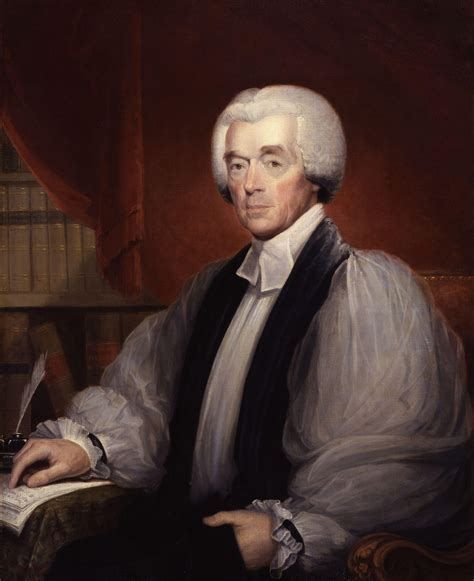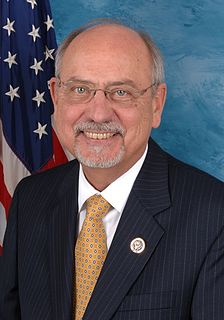A Quote by Charles Inglis
A Failure in this Duty did once involve our Nation in all the Horrors of Rebellion and Civil War.
Related Quotes
An American leader would be derelict of duty if he did not seek to understand all his options in such unprecedented circumstances. Presidents Lincoln during the Civil War and Roosevelt in the lead-up to World War II sought legal advice about the outer bounds of their power - even if they did not always use it. Our leaders should ask legal questions first, before setting policy or making decisions in a fog of uncertainty.
We who have touched war have a duty to bring the truth about war to those who have not had a direct experience of it. We are the light at the tip of the candle. It is really hot, but it has the power of shining and illuminating. If we practice mindfulness, we will know how to look deeply into the nature of war and, with our insight, wake people up so that together we can avoid repeating the same horrors again and again.
The greatest intensification of the horrors of war is a direct result of the democratisation of the State. So long as the army was a professional unit, the specialist function of a limited number of men, war remained a relatively harmless contest for power. But once it became everyman's duty to defend his home (or his political “rights”) warfare was free to range wherever that home might be, and to attack every form of life and property associated with that home.
The federal war on drugs is a total failure... The federal government's going in there and overriding state laws... Why don't we handle the drugs like we handle alcohol? ... I fear the drug war because it undermines our civil liberties. It magnifies our problems on the borders. We've spent over the last 40 years a trillion dollars on this war and - believe me - the kids can still get the drugs. It just hasn't worked.
For some reason a nation feels as shy about admitting that it ever went forth to war for the sake of more wealth as a man would about admitting that he had accepted an invitation just for the sake of the food. This is one of humanity's most profound imbecilities, as perhaps the only justification for asking one's fellowmen to endure the horrors of war would be the knowledge that if they did not fight they would starve.






































